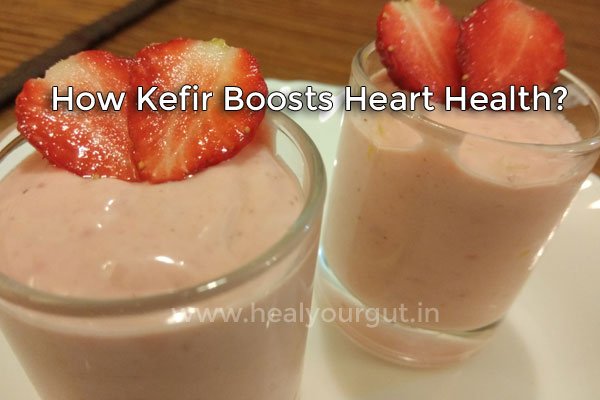Hypertension, or as it’s commonly called, high blood pressure (BP), is simply when one’s blood pressure becomes clinically “unleveled”. Blood pressure is measured in two sets of numbers characterized by two terms, systolic pressure and diastolic pressure. Systolic blood pressure is the maximum pressure exerted by the heart as it ejects blood into the arteries. Normal systolic pressure is 120 mmHg. On the other hand diastolic pressure is the pressure the blood exerts inside your arteries between heartbeats. Normal diastolic pressure is 80 mmHg. Together these numbers are recorded as 120/80 mmHg (usually said as 120 “over” 80). Both these readings are critical. If the reading is high, e.g., 140/90 mmHg then hypertension is evident. If they are lower, then it implies there is insufficient blood flow to essential organs like the brain and kidney.
Blood pressure measurement tells the physician how much volume of blood passes through your blood vessels and the resistance the vessels offer while the heart is busy pumping. Thus healthy vessels are essential in blood movement. Sometimes, arteries become narrowed, either through physiological processes or pathological processes. This narrowing increases resistance, thus raising the pressure. In due course, this becomes dangerous leading to cardiovascular diseases.
Management through Diet and Medication
Hypertension and cardiovascular disorders are commonly treated with medication. These medications are helpful and we shouldn’t substitute them for anything. Nonetheless, lifestyle changes and diet improvements have been shown to progressively aid in management of hypertension and to an extent, cardiovascular diseases.
Combining contemporary medicine and dietary changes can speed your way to recovery and normalization of these chronic ailments.
Probiotic Kefir to the Rescue
As mentioned earlier, narrowing of the arteries leads to hypertension. These narrowing can be due to the irregular firing of the nervous system initiating smooth muscle contraction which leads to vasoconstriction. It can also be due to atherosclerosis (thickening of the arterial walls due to deposition of “bad” cholesterol which narrows arteries and subsequently increasing blood pressure). The former can be congenital or as a result of certain drugs and medication while the latter is due to hormonal imbalance and unhealthy eating habits.
Kefir, a probiotic blend of bacterial and fungi, have been shown to counter the former, which may be congenital of as a result of certain drugs and/or medication. Alternatively, kefir has also shown its beneficial effects of cholesterol management.
Kefir probiotics, when consumed, introduce powerful bio-active peptides which lower blood pressure, and additionally, alleviate pain, aid in insulin regulation and boost the immune system. These bioactive peptides behave in a similar manner to hypertension medication, to dilate vessels and lower blood pressure. In addition, the bacteria and yeast present in the kefir culture promote the assimilation and uptake of cholesterol by gut microorganisms preventing atherosclerosis. In cholesterol management probiotics also limit the body production of cholesterol lowering blood cholesterol levels.
Food is also Medicine
Hippocrates, credited as being the father of medicine, once said “Let food be thy medicine and medicine be thy food.” What a better way to exercise this doctrine than by introducing dietary changes and consuming probiotics in addition to medication?
NOTE:
Heal your gut India, offer organic reusable Milk Kefir Grains and Water Kefir Grains throughout India >> Online Store
Contact us : Whatsapp 8277718123 for guidance on Kefir & Consumption.
References –
- Effect of Probiotics on Blood Pressure : A Systematic Review and Meta-Analysis of Randomized, Controlled Trials https://www.ahajournals.org/doi/full/10.1161/HYPERTENSIONAHA.114.03469
- Do Probiotics Benefit Heart Health?https://www.healthline.com/nutrition/probiotics-and-heart-health
Disclaimer :
This content including advice provides generic information only. It is in no way a substitute for qualified medical opinion. Always consult a specialist or your own doctor for more information. Healyourgut.in does not claim any responsibility for this information.

